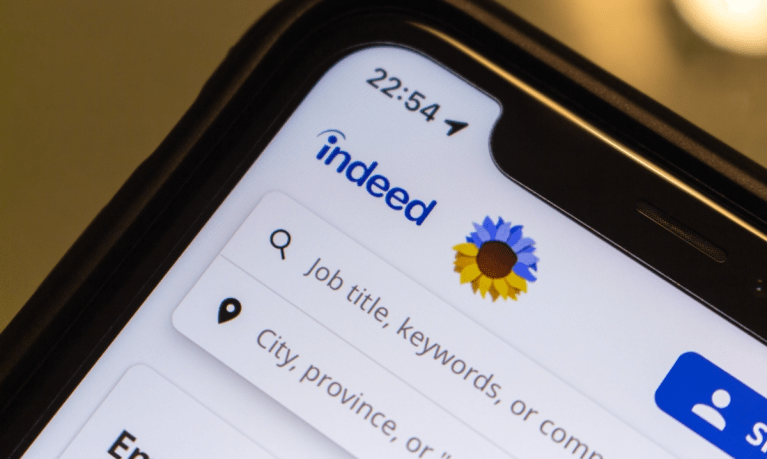Indeed Intros AI Tools for Employers and Job Hunters

Indeed has debuted AI-powered tools to speed the process of seeking and filling jobs.
The employment platform on Tuesday (April 2) debuted Smart Sourcing, artificial intelligence (AI)-powered products aimed at both employers and prospective employees.
“Hiring remains challenging and inefficient. This is especially true when it comes to sourcing the right people for the right jobs,” Indeed CEO Chris Hyams said in a news release.
“More people are hired on Indeed than any other site. With new AI-powered technology, we continue to transform job matching and hiring. We’re excited to share our latest innovations that leverage our active talent pool, and our deep understanding of what drives successful hiring to help the world work better.”
According to the release, Smart Sourcing lets employers find candidates from a “large, active talent pool,” accessing 300 million workers via profiles and resumes on the platform.
Meanwhile, the recently updated Indeed Profile lets job seekers better show off their unique work experiences, skills, and preferences, beyond the contents of a traditional resume. It also allows for more personalized job recommendations and improved connections to employers for relevant jobs.
“In parallel, thanks to the power of Indeed’s AI matching engine and the richness of Indeed Profile, employers can now get instant recommendations for ideal candidates for their open jobs,” the release said. “Smart Sourcing also helps employers quickly review matched candidates, directly connect with them, and ultimately hire faster.”
Last year saw LinkedIn, which competes with Indeed in the job search space, launch AI features that can scrutinize a job posting against a seeker’s resume to ascertain a potential match. This AI can also enhance users’ profiles to attract recruiters and auto-generate communication to engage potential employers.
As noted here last month, LinkedIn says the acceptance and utility of these AI features have quickly taken off, with early data suggesting that 70% of subscribers with access to the new AI tools have tried them, and 90% found them helpful.
Meanwhile, PYMNTS wrote earlier this year about the conflicting visions for AI’s impact on the workplace. For example, HR think tank The Burning Glass Institute has argued that the technology will increase output, which will lead to overstaffing, which will lead to job cuts.
On the other hand, the World Economic Forum contends that AI will lead to job creation in sectors such as the automotive and aerospace industries while augmenting tasks — though not completely automating them.